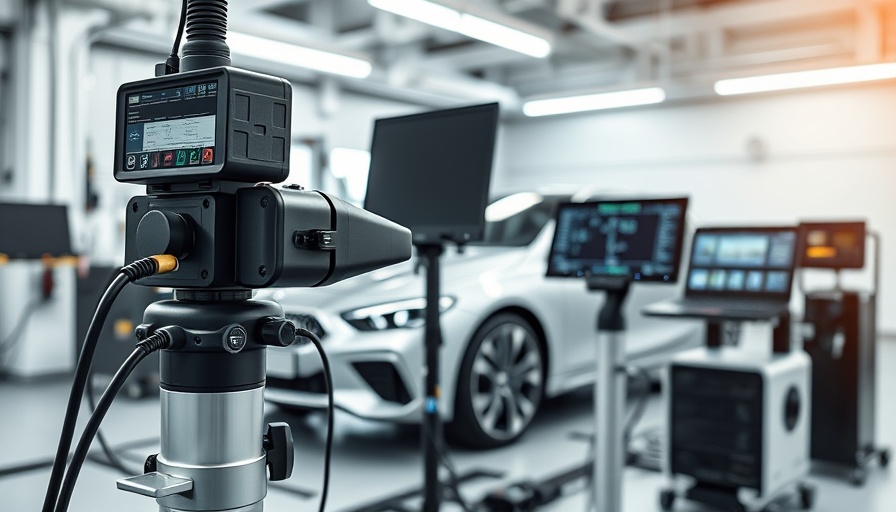
Rising Legal Claims Linked to ADAS Calibration Failures
As advanced driver-assistance systems (ADAS) become standard in vehicles, the legal landscape surrounding their proper calibration is changing dramatically. Litigation related to missed or improper calibrations is on the rise, with serious implications for collision repair shops and consumers alike.
The Impacts of Inadequate Calibration
Rebekah Cooper, a product liability attorney, highlights a serious incident where failure to recalibrate a Nissan's forward collision warning system led to a tragic secondary accident that rendered a woman quadriplegic. This case emphasizes the potentially catastrophic consequences of improper calibration, especially as more than half of the vehicles on the road today are equipped with some form of ADAS technology, including automatic emergency braking and lane departure assistance.
Legal Responsibilities of Repair Shops
Cooper underscores that collision repair shops face legal liabilities even when subcontracting calibration tasks. The principle of agency means that shops are responsible for the actions of their subcontractors. As she puts it, clients expect accountability from the shops they approach. This reality means that due diligence is critical; shops should ensure that calibration services they subcontract meet industry and manufacturer standards.
Future Trends in ADAS**
As automotive technology continues to evolve, Cooper believes that litigation related to ADAS will keep increasing, particularly as vehicles have more autonomous features integrated. Repair shops might face more stringent requirements from insurers like State Farm, who are already enforcing calibration standards within their networks. Thus, the focus on proper calibration not only impacts safety but also the financial viability of repair businesses.
Conclusion: The Importance of Vigilance
The uptick in claims surrounding ADAS calibration highlights the essential need for repair shops to maintain high standards in their calibration processes. Ensuring that both staff and subcontractors understand the intricacies of ADAS technology is critical for safety and liability management. As the industry moves forward, the importance of proper calibration will only deepen, making it crucial for businesses to adapt and comply with emerging challenges.
 Add Row
Add Row  Add
Add 


Write A Comment